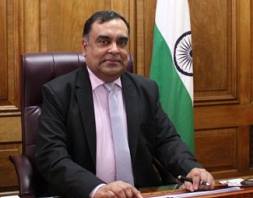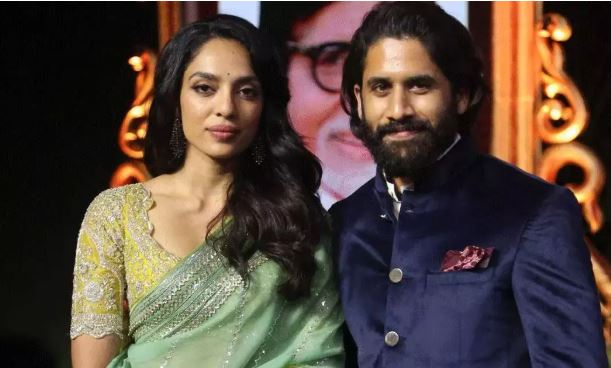
Any foreign envoy arriving for a posting to the UK in the currently-challenging post-Brexit climate would be bracing for a challenge, but for Yashvardhan Kumar Sinha – a seasoned diplomat with four decades of experience in the Indian Foreign Service – it’s all part of the rough and tumble of international diplomacy.
Fresh from having presented his credentials at Buckingham Palace as the High Commissioner of India to the UK, and in his first media interview since officially taking up his post, Sinha told IBTimes UK: “Brexit is not a crying moment for proponents of Indo-British bilateral trade. The relationship goes back over 400 years; that pre-dates the existence of the European Union.
“Ties underwent a post-colonial metamorphosis, and in the 70th year of India’s independence remain as robust as they have ever been.”
While trade relations in recent decades between London and Delhi have been viewed through the prism of multilateral norms conjured up in Brussels, Sinha says Brexit provides both countries with an opportunity to “reset their relations in a bilateral context”.
“The British side is keen to conclude post-Brexit a free-trade agreement, and so is the Indian government. The idea is to find common ground and address the interests and concerns of both parties for it to be a win-win situation for both sides.”
In the company of candid friends
That conversation needs to be candid, Sinha notes, given what’s at stake here. The trading relationship between both countries is immense. The UK is the third-largest investor in India, and the largest investor among G20 nations to put faith in the burgeoning Indian economy.
Similarly, India is the third-largest investor in the UK economy, and second-largest international job creator in the UK, adding over 110,000 jobs over the last two decades. Independent assessment puts the trade in goods between both countries at $14bn (£11.3bn) and trade in services at $5bn.
“And it could be some much more. In her landmark speech at Lancaster House, UK Prime Minister Theresa May spoke about a globalised British economy. International partners such as ourselves can ensure that objective.”
However, given level of exposure of Indian companies, from the house of Tatas to Infosys, Wipro to Haldiram Foods, are businesses conveying their worries?
“I would not classify what Indian businesses are telling us as ‘worries’, let’s just say there are some issues to be addressed on both sides. Capital flows to where there are high returns. Of all the investment made by Indian companies into the European Union, the UK accounts for the largest share. That context is important.
“However, being candid as we should be among friends, a lot of Indian companies made their investment decisions and plans based on a certain premise that they would have easy access to Europe, and we hope that would continue. How that is worked out is a matter for London and Brussels.”
Facilitating movement of talent
With EU immigration being a hot topic in this post-Brexit world, India has had its own run in with London on the subject, with much of the May government’s stance, especially on visas for working professionals and students, leaving policymakers in Delhi nonplussed.
“It is not for me to comment on domestic British politics, but also I think we should not overstate this point. The mantra for us in our World Trade Organization (WTO) negotiations was free movement of professionals and students – talent in a global community.
“It is important that our professionals are able to work abroad as they contribute immensely to the society. When they come back to India, they are able to contribute even more to India’s economic growth and development. That is a cardinal principle; under such an umbrella there are often issues of visas and immigration.”
Sinha says the effect is already being felt by educational institutions in the UK. Once considered a traditional right of way for Indian students seeking higher education abroad, the UK has been sliding of late in terms of attracting them.
Recent Random Post:



















